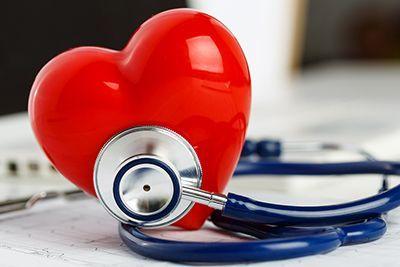Stroke Awareness Month

May is Stroke Awareness Month, and so we wanted to summarize a few key facts about stroke in one convenient spot!
Read on and spread the word – everyone should know stroke warning signs, the life-altering effects of stroke, and what kind of treatment stroke survivors can do to regain control of their lives!
What is a stroke?
- An ischemic stroke occurs when a clot blocks a vessel in the brain, which prevents blood supply to any areas of the brain supplied by that vessel.
- A hemorrhagic stroke, on the other hand, is when a vessel ruptures. Oddly enough, blood is poisonous to the brain, so if any parts of the brain are exposed to blood during a hemorrhage, those parts of the brain will be damaged.
What causes a stroke and how can I avoid it?
- Many disorders, such as AVM, Moyamoya, and cardiovascular disease (just to name a few) can cause strokes.
- Lifestyle risks include being overweight and inactive, overuse of alcohol, and use of illicit drugs.
- Other medical risks include high blood pressure, cigarette smoking, high cholesterol, diabetes, and sleep apnea.
- What are the symptoms of a stroke?
- Face drooping: Does one side of the face droop or is it numb? Ask the person to smile. Is the person’s smile uneven?
- Arms weakness: Is one arm weak or numb? Ask the person to raise both arms. Does one arm drift downward?
- Speech difficulty: Is the person unable to speak or hard to understand? Ask the person to repeat a simple sentence, like “The sky is blue.” Is the sentence repeated correctly?
Time to Call 9-1-1:
If someone shows any of these symptoms, even if the symptoms go away, call 9-1-1 and get the person to the hospital immediately. Check the time so you’ll know when the first symptoms appeared.
Additional symptoms of a stroke include: trouble seeing in one or both eyes, trouble walking, dizziness, or loss of balance or coordination, or a sudden severe headache with no known cause.
What happens after a stroke?
- Language (speaking and/or understanding; written and/or spoken)
- Memory
- Attention
- Movement
- Sensation
- Swallowing
- Emotion
- Behavior
- Judgment
*** This is different for everyone. You may have trouble with one, some, or all the ones listed above.
Regain Control of Your Life After a Stroke
• Therapy has been proven to help recovery. There are many available apps that individuals can use at home in addition to in-clinic therapy.



